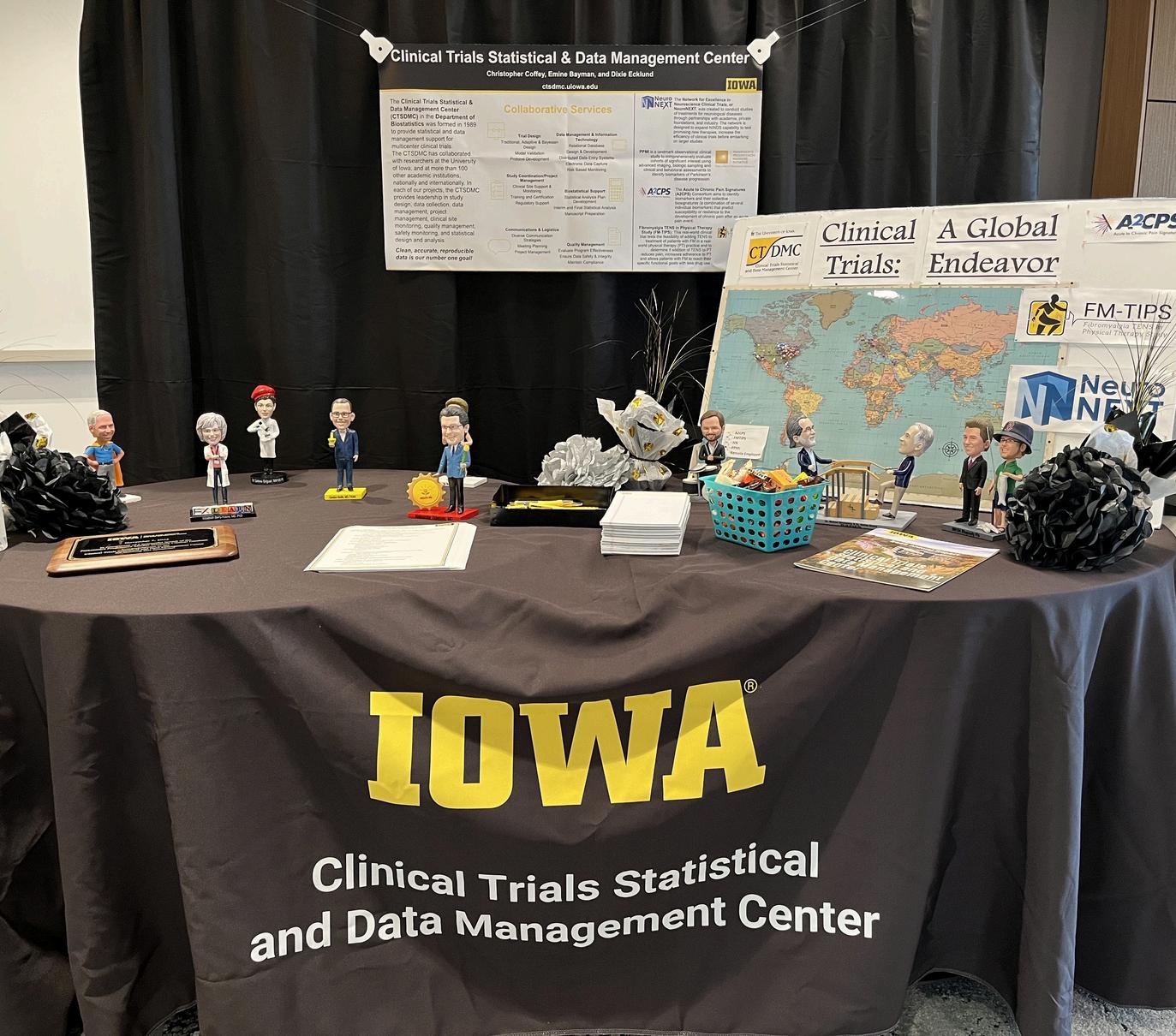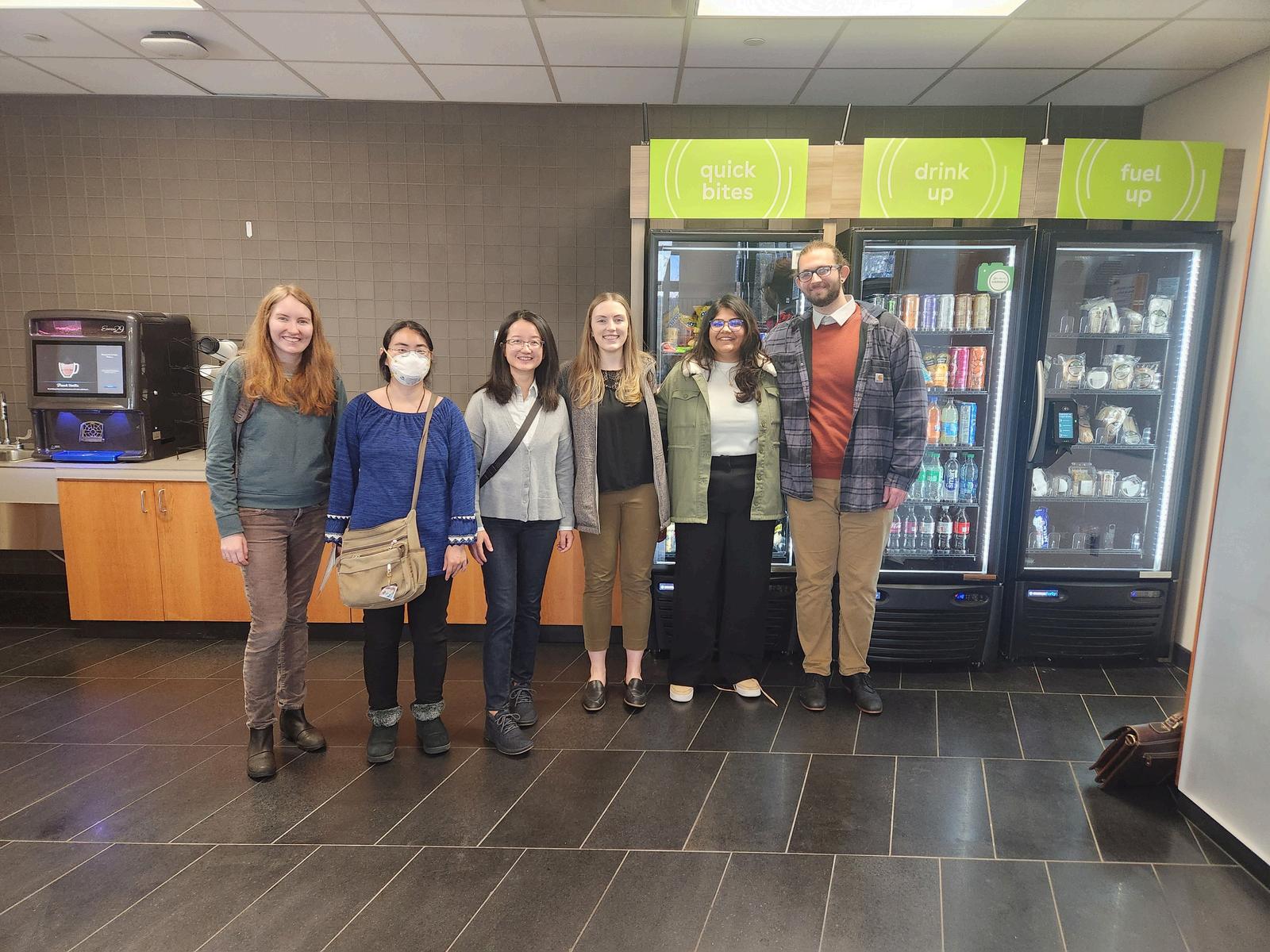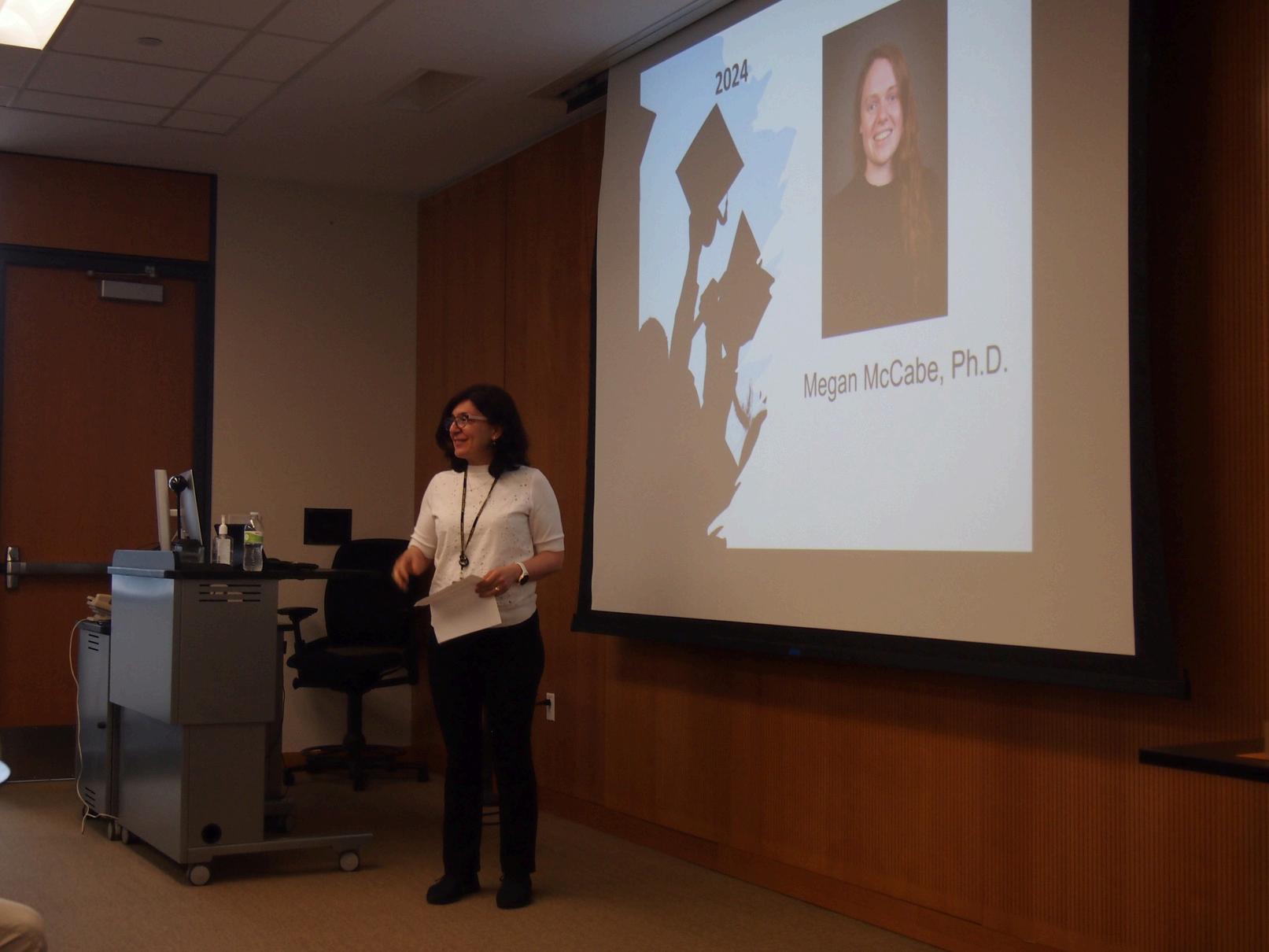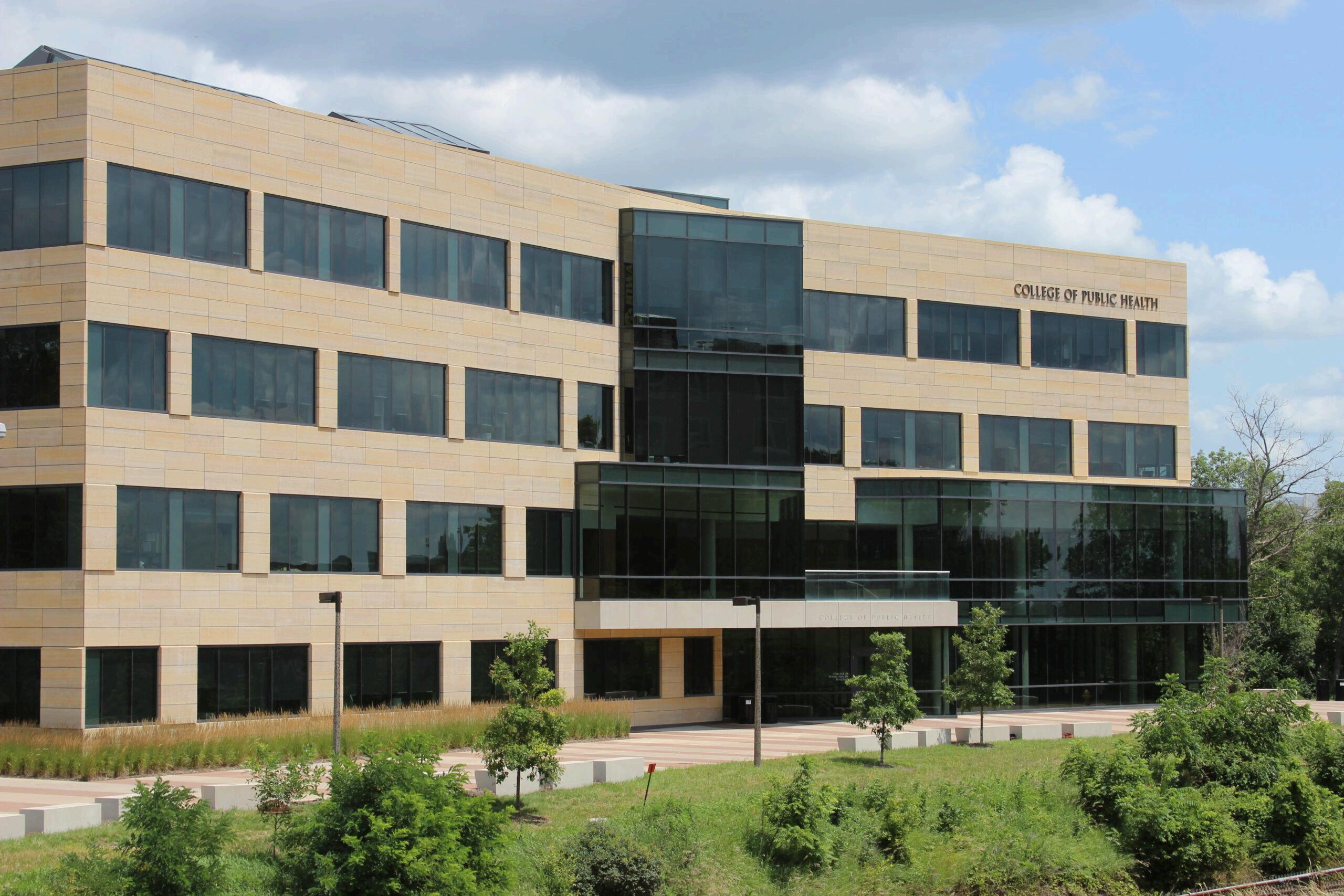
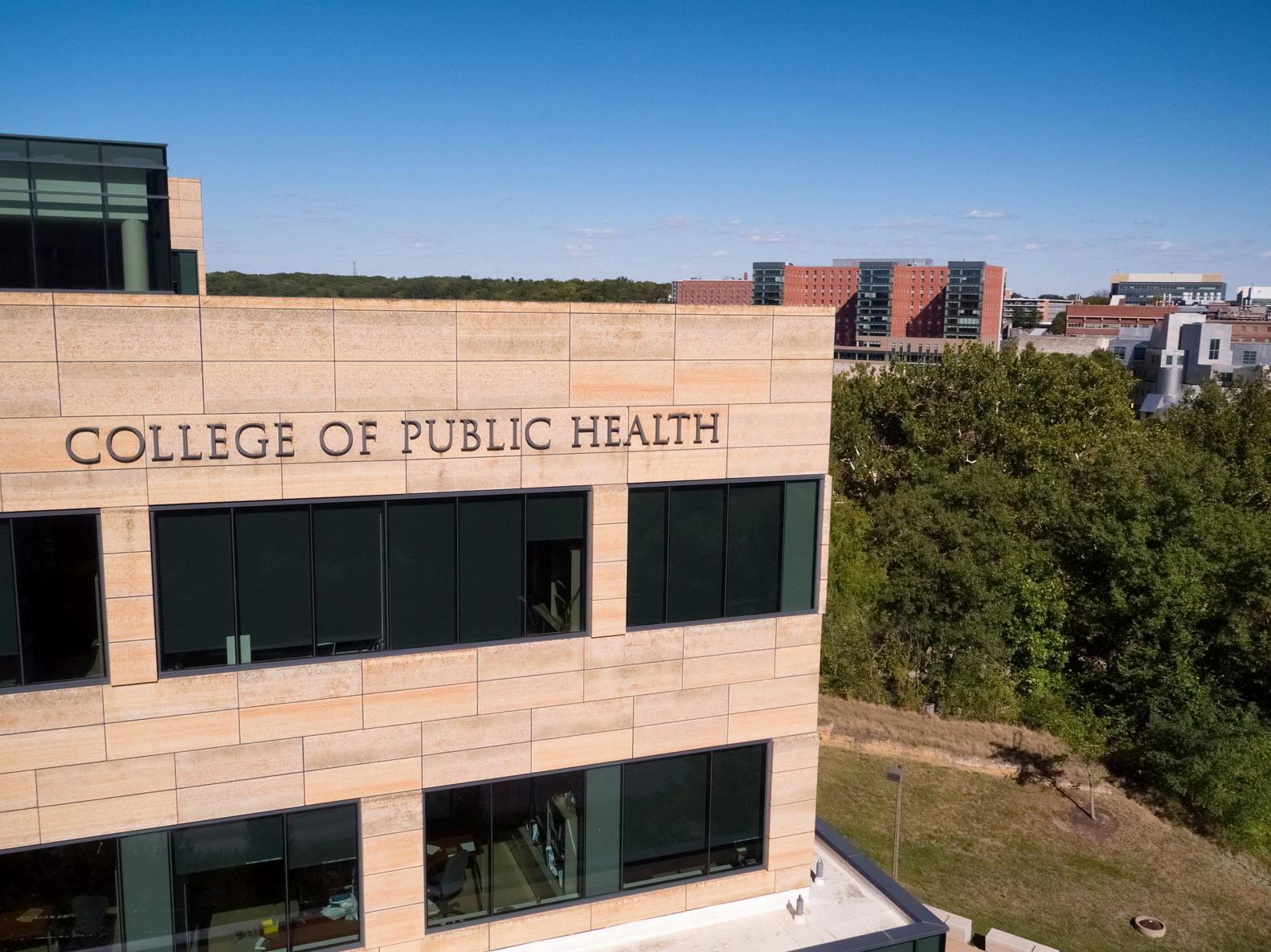



This past year has capped off a period of significant growth for the Clinical Trials Statistical and Data Management Center (CTSDMC) Since 2022, we have welcomed a wave of new projects and collaborations that have resulted in the addition of 17 new people across the center, $3.6M in additional funding, and several new strategic initiatives.
To support this momentum, we have been intentional in how we manage and sustain our expansion The addition of Maggie Spencer as Director of Finance and Research Operations and Dr. David-Erick Lafontant as Clinical Assistant Professor in Biostatistics has added depth to our leadership team and allowed us to think strategically about the future of the Center. Managing this growth has prompted us to rethink the way we are organized, how we communicate internally and externally, and the pathways for advancement that are available to our staff.
As we look ahead, we are preparing for an External Advisory Board (EAB) review to help us reflect, assess, and refine our long-term goals. Our focus remains on the strong foundation in supporting clinical trials, while remaining responsive to opportunities as they arise Continued expansion of the CTDSMC leadership team, combined with increased investments in training and collaboration, will ensure that we are well-positioned to meet the challenges and opportunities ahead We are excited for what 2025 will bring!
Sincerely,
Christopher Coffey, Emine Bayman, Dixie Ecklund and Maggie Spencer

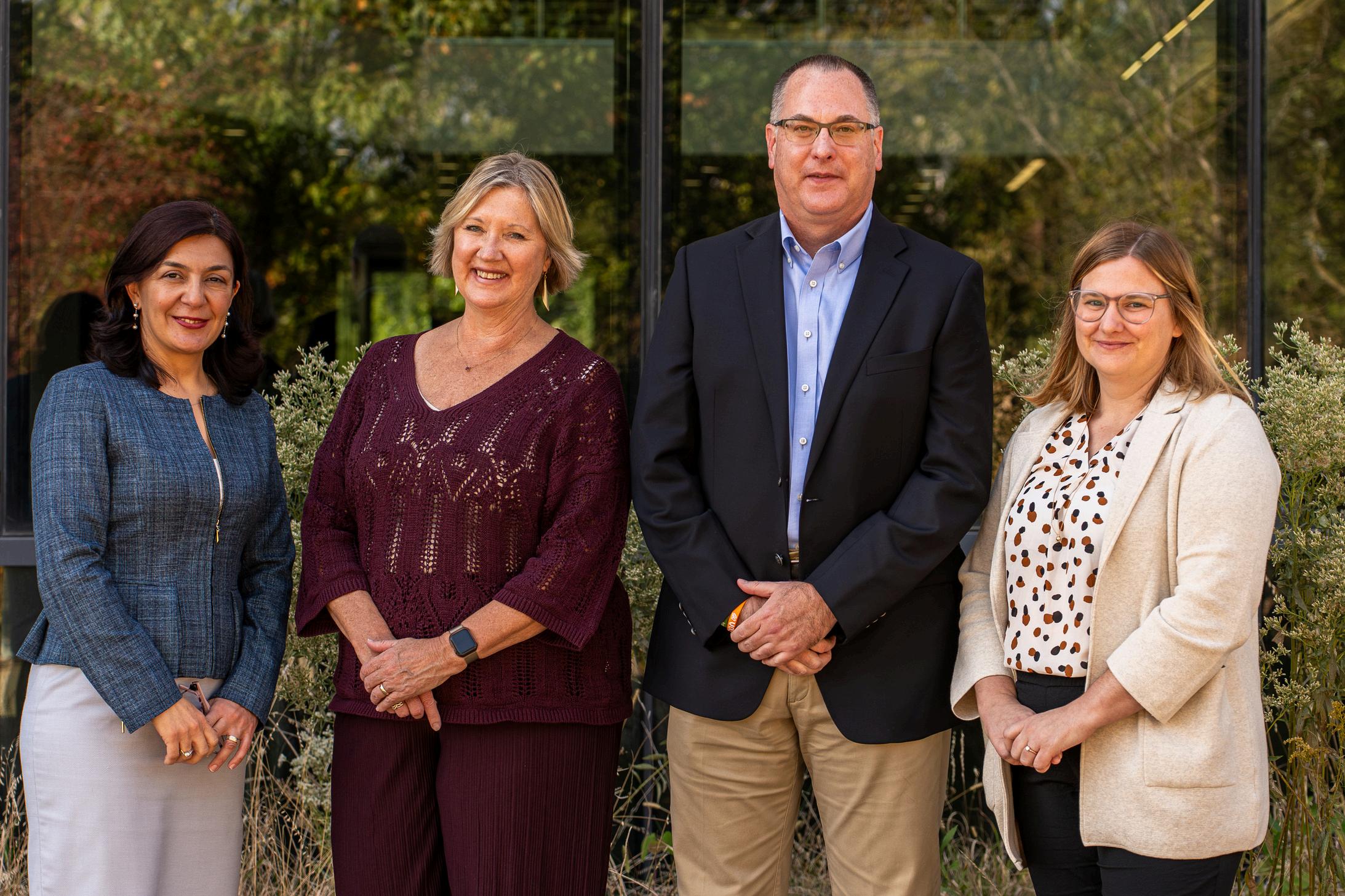

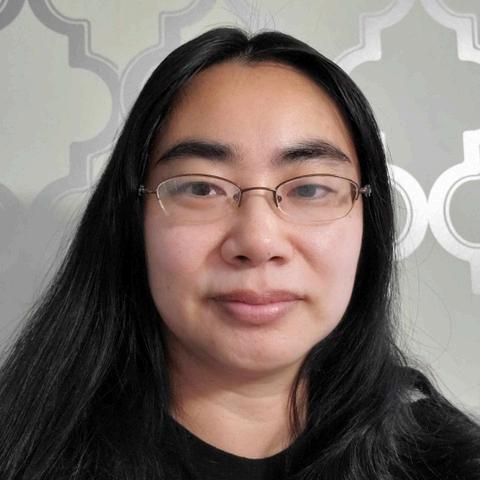



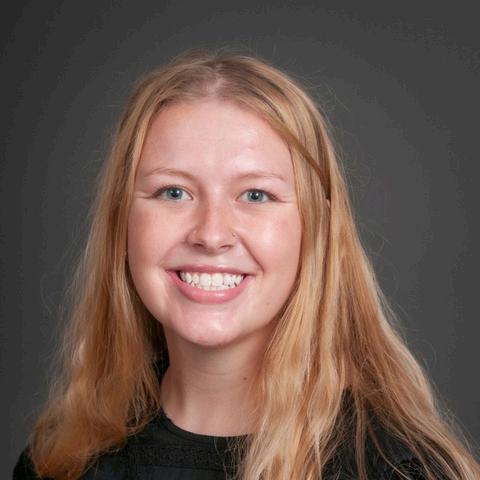


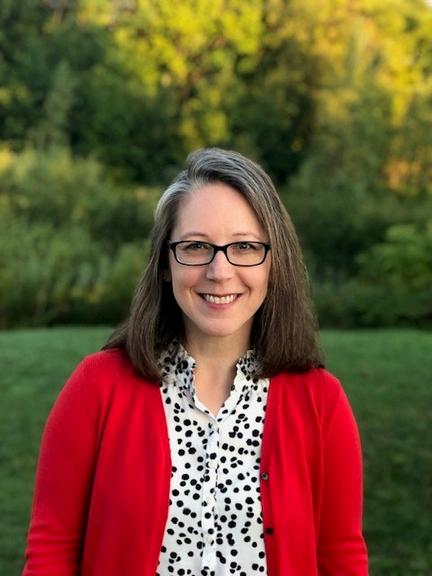

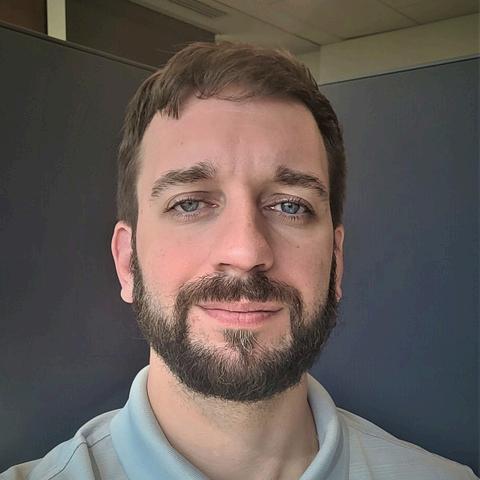






The center extends its heartfelt appreciation to team members who reached service milestones in 2024. Your dedication, expertise, and commitment to excellence continue to drive the success of our center and the impact of the research we support. We are grateful for the time, talent, and leadership you bring to our mission, and we celebrate your contributions to the CTSDMC and the broader research community.
Thank you for being an essential part of our team!
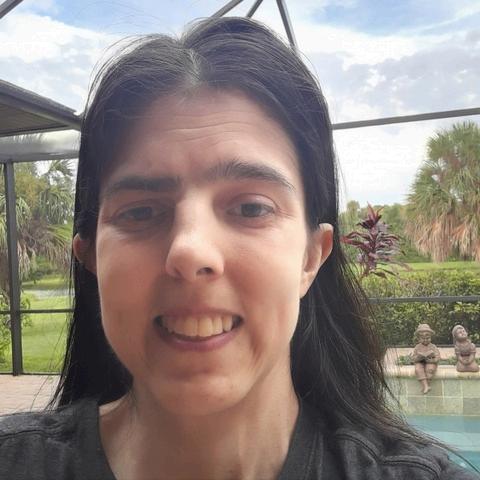




In 2024, the CTSDMC welcomed 8 new staff members and 2 new graduate students
DATA MANAGER
CADE ASPELMEIER

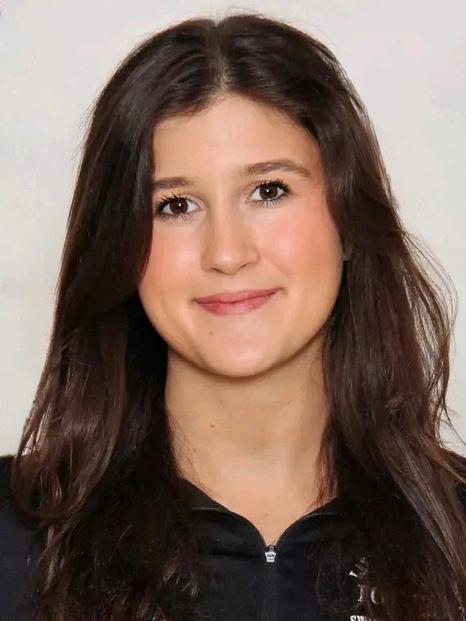
BIOSTATISTICIAN
HELENA BLUMENAU


IT DEVELOPER
IT DEVELOPER
BIOSTATISTICIAN SAMI CHAUDHARY KRITTIKA CHATTERJEE
BIOSTATISTICIAN
GRAD RA
FANGFANG JIANG DAN ILIESCU

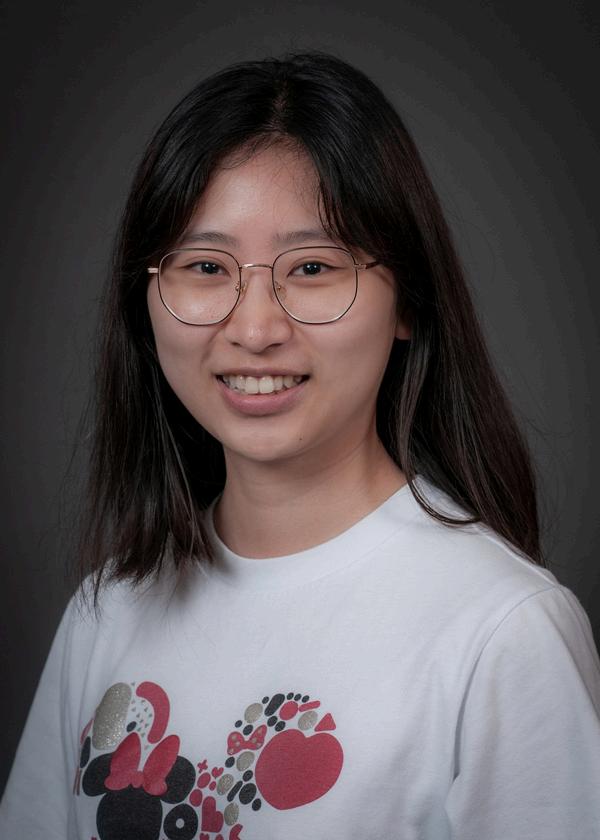
GRAD RA AND NEURONEXT FELLOW IN BIOSTATISTICS
DOSTEN KPOZEHOUEN NOAH JOHNSON
DATA MANAGER
TERRY LENNINGER

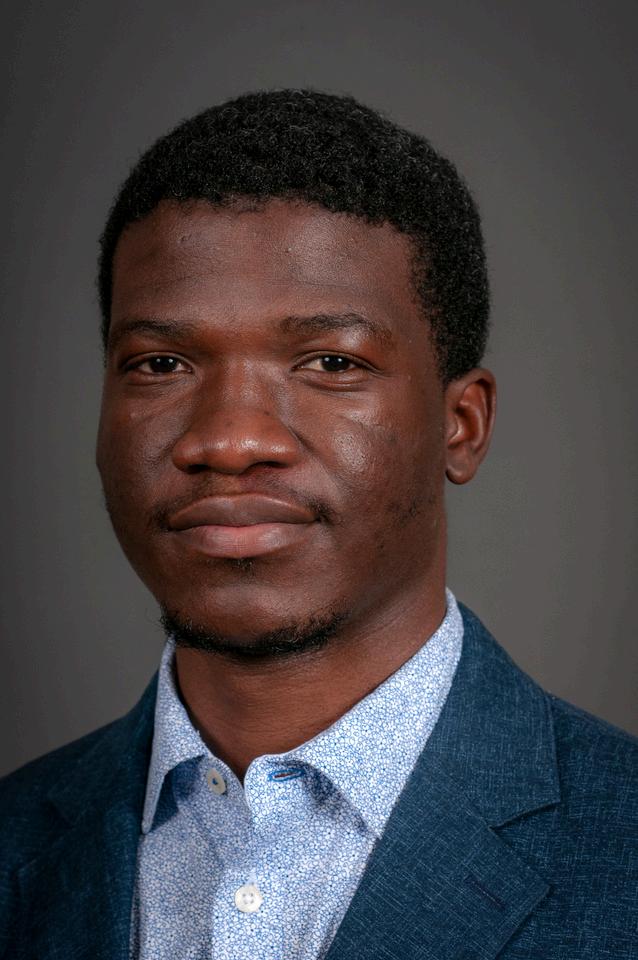
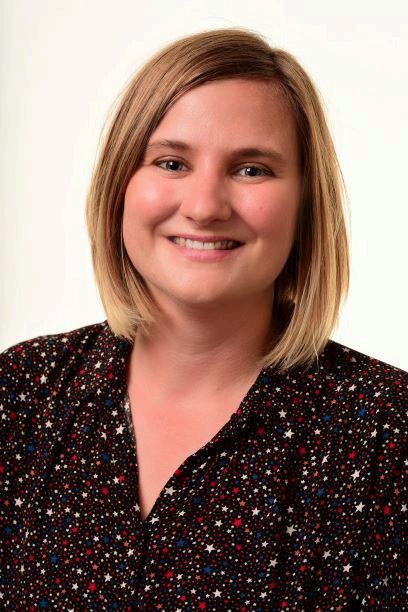
DIRECTOR OF FINANCE & RESEARCH OPERATIONS
MAGGIE SPENCER
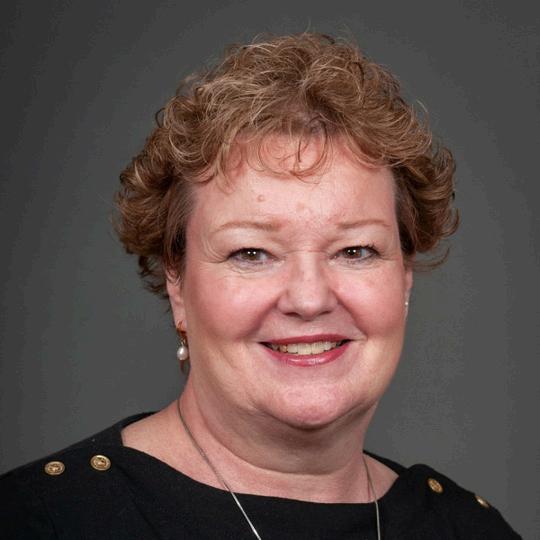

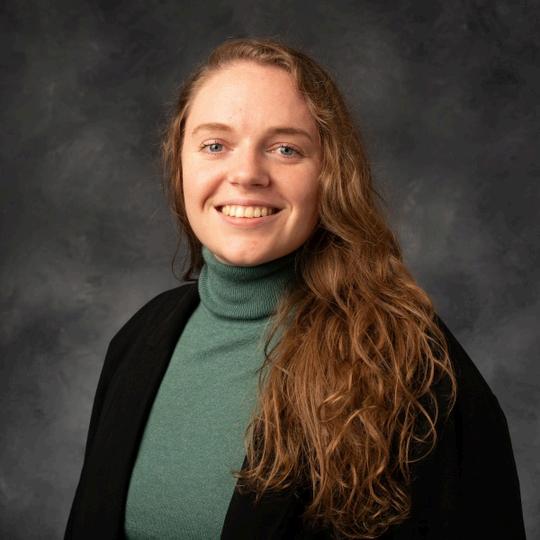
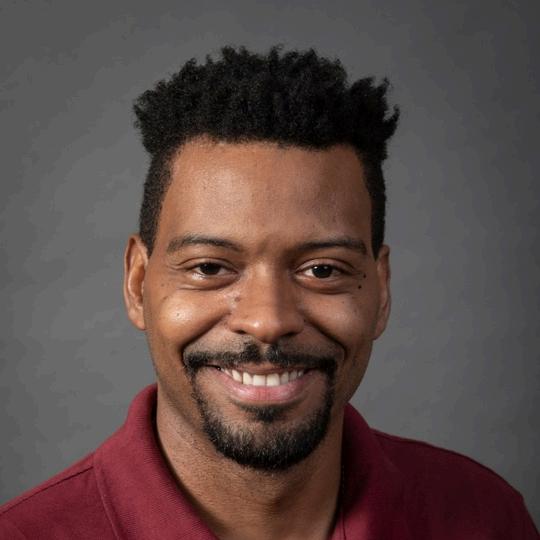

ANN WEBER
Ann retired in July after dedicating 18 years to the Department of Biostatics and the CTSDMC.

MEGAN MCCABE
Megan graduated in May with a PhD and finalized her NeuroNEXT Fellowship Award
She is currently an Assistant Professor in Biostatistics at the University of Alabama at Birmingham (UAB)

DAVID-ERICK LAFONTANT
D-E has been a member of the CTSDMC since 2013 and completed his PhD in Biostatistics in December. He is currently an Assistant Professor in the Department of Biostatistics.
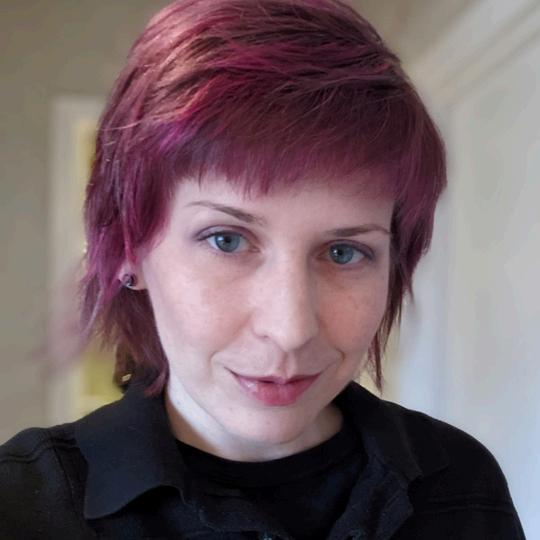

JAKE ALSTON
Jake earned his Master’s Degree (MS) in Biostatistics in May. He is currently employed at Rho as a Biostatistian.

DOSTEN KPOZEHOUEN
Dosten joined the CTSDMC in August as the 2 NeuroNEXT Fellow. He is working on his PhD in Biostatistics. nd
EJ graduated in May with a PhD in Philosphy from the University of Iowa.


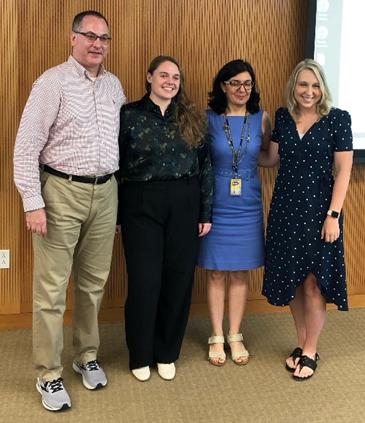

The CTSDMC is proud to recognize Dixie Ecklund, Director of Operations and Jake Alston, Grad RA, who were inducted as an honorary member and student member, respectively, of the Delta Omega Honor Society in Public Health in May — an acknowledgment of their academic excellence and contributions to the field of public health.

In the Spring, the Department of Biostatistics recognized Dixie Ecklund, Director of Operations, for her outstanding contributions to the department and the College of Public Health by renaming the Statistically Significant Staff Award in her honor. Now known as the Dixie Ecklund Staff Award, she was also selected as the inaugural recipient, celebrating her longstanding dedication, leadership, and impact on the department's success.
In June, Megan McCabe was recognized for her outstanding research contributions and awarded the William R. Clarke Graduate Assistant Research Award.

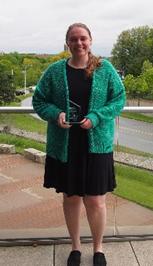


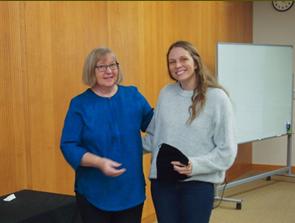
honored with the Terry Kirk Staff Award by the Department of Biostatistics, recognizing her outstanding contributions and dedication to the department’s mission.

received the Dixie Ecklund Staff Award from the Department of Biostatistics, recognizing her exceptional service, reliability, and contributions to the department’s operations.


The CTSDMC is in a period of growth unlike we have seen in the past. Our annual funding has increased $3.6M over what it was just two years ago, and we expect this to increase even more over the next year. Our team has expanded from 40 staff members at the beginning of 2024 to our current level of 50 – a 25% increase that reflects a sharp rise in demand for our services. The increase in funding has also generated a higher return of Facilities & Administrative (F&A) costs, enabling the Center to reinvest in our people and our infrastructure. Overall, this surge in growth not only marks a milestone in our operational capacity, but also signals the Center’s expanding role in the national clinical trials landscape.
To support this growth sustainably, we have implemented a series of intentional organizational changes. The addition of Maggie Spencer as Director of Finance and Research Operations is the first step in expanding our leadership team. This expansion also includes Dr. David-Erick Lafontant, who accepted a position as Clinical Assistant Professor in Biostatistics in December, and will continue working with the CTSDMC in a new role. Our increased growth has allowed us to think of new approaches to data, as we continue to strive to be on the cutting edge of our field. Our Information Technology and Development Team, in conjunction with our Data Management Team and many others in the Center, have been working on designing and implementing a new Electronic Data Capture (EDC) system for the Path to Prevention (P2P) project funded by the Michael J. Fox Foundation (MJFF). We have also been enhancing our current projects with increased metrics reporting in study dashboards, which continues to support our mission of clean, accurate, reproducible data in all projects.

In preparation for an External Advisory Board review in 2025, we have been gathering input from our team leaders, our staff and our collegiate leadership to discuss our current structure, our vision for the future and new ways we’ve been considering organizing the center. Our timeline for gathering input is presented here – we hope that the EAB Review will help us guide future directions as a Center.
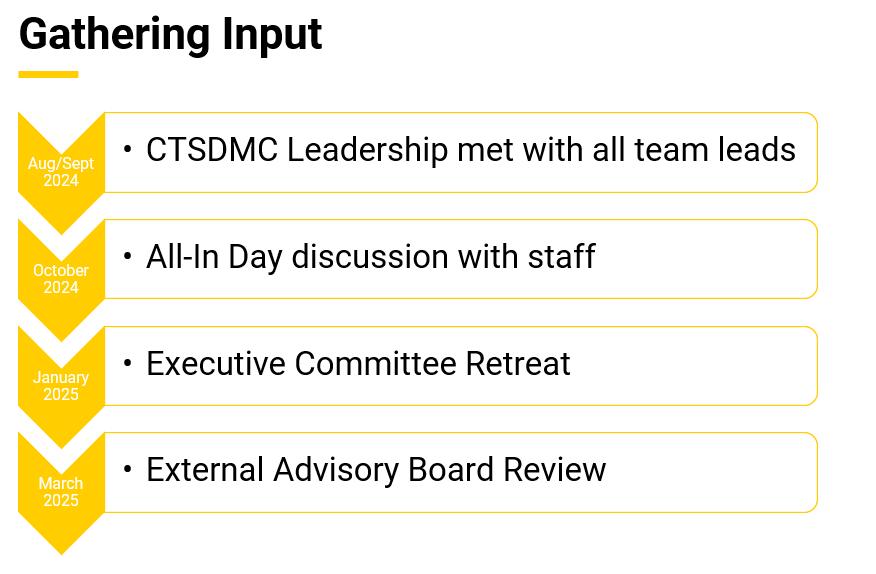
Our growth has not only expanded what we do, it has elevated how we do it. Through investments in people, structure, and systems, the CTSDMC is well-positioned to scale our impact while maintaining a culture of collaboration and continuous improvement.
The past year brought exciting changes to the home of the CTSDMC. The center proudly received its official College of Public Health signage—a milestone that had been delayed due to the COVID-19 pandemic. After years of anticipation, we are thrilled to have this formal recognition of our place within the college.
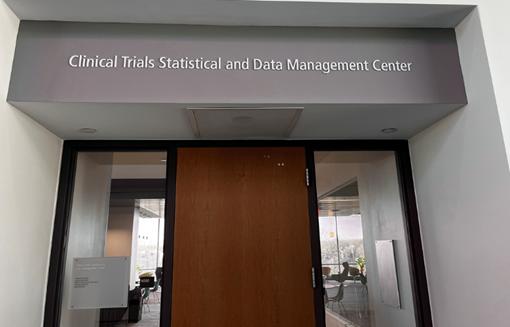
Following the installation of our new signage, the CTSDMC suite underwent a significant upgrade. To support the center’s growth, 11 new workstations were added to a previously underused space, and an outdated conference room was converted into a mini-suite for four additional team members. These renovations improved staff privacy, refreshed the look of our workspace, and created a shared area with scenic campus views for collaboration and recharging.






This transformation was made possible through our collaboration with the College of Public Health leadership, College of Public Health IT, University Facilities, and several contractors. Over two months, the teams coordinated moves, wiring, and assembly with minimal disruption. The final phase—a new wall installation—is planned for early 2025.
We sincerely appreciate and are greateful to everyone who contributed to the success of this effort.
The CTSDMC serves as the Clinical Coordinating Center for the Acute to Chronic Pain Signatures (A2CPS), under the leadership of Co-Principal Investigators Christopher S. Coffey, Kathleen Sluka, and Laura Frey-Law. The A2CPS Consortium was honored with the Golden Neuron Award for “Best Inclusion
of People with Lived Experience” at the 2nd Annual PURPOSE Meeting in May This recognition celebrates the consortium’s commitment to integrating the voices of patient partners throughout the research process. A2CPS patient partner Errol Patterson (pictured right) accepted the award on behalf of the consortium.


In July, A2CPS reached a major milestone and is ranked among the top 10 largest brain MRI studies conducted to date across the globe. The study is currently projected to complete enrollment in 2025. This achievement highlights the collaborative efforts of participating sites and underscores the study’s potential to significantly advance our understanding of chronic pain.
The CTSDMC serves as the Data Coordinating Center (DCC) for the Network for Excellence in Neuroscience Clinical Trials (NeuroNEXT), which conducts phase 2 clinical trials, biomarker studies, and gene therapy research. This year, NeuroNEXT introduced a new Other Transaction Authority (OTA) funding mechanism to provide greater flexibility and streamline collaboration with NIH and research partners. This approach reduces administrative barriers and accelerates the launch of high‑priority neurological studies.
In March, NeuroNEXT held its first in-person Annual Meeting since the pandemic, convening investigators, coordinators, and collaborators in Phoenix, Arizona. The meeting provided an invaluable opportunity to reconnect, share progress, and exchange ideas in support of advancing innovative neurological clinical trials. Sessions
highlighted ongoing studies, future directions, and strategies to strengthen collaboration across the network.
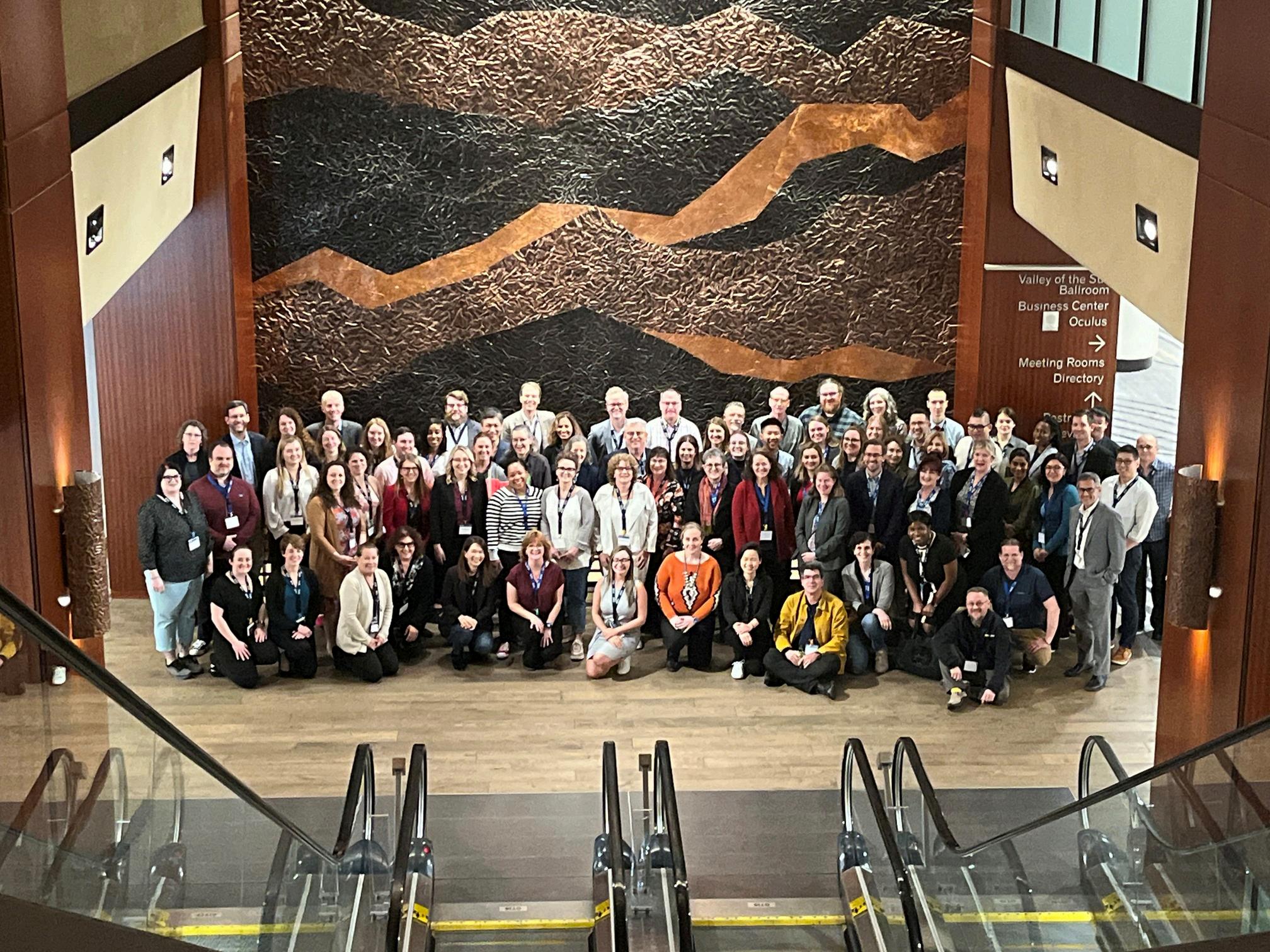
The NN111 study began expanding to include pediatric sites across the NeuroNEXT network. This important step reflects the study's commitment to improving access and broadening the scope of neurological research to better serve younger patient populations. Newly added sites include Ann & Robert H. Lurie Children’s Hospital of Chicago, Children’s Hospital of Philadelphia, and Phoenix Children’s Hospital.
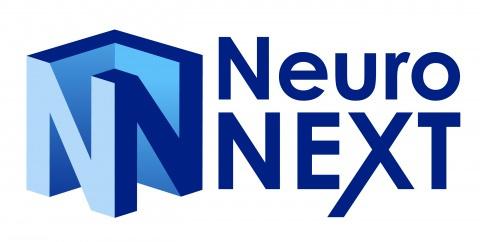
From 2018 to 2024, the NINDS Clinical Trials Methodology Course (CTMC) was housed within the NeuroNEXT DCC and hosted by the University of Michigan, with key contributions from the CTSDMC members Christopher Coffey, Emine Bayman and Dixie Ecklund. The course successfully trained early-career investigators in developing rigorous and ethical clinical trials, leading to new funding and a transition to the University of Virginia (UVA) for 2025–2029. The CTSDMC looks forward to continued collaboration with Dr. Mark Quigg and the UVA team as the program expands its impact.
Following the landmark discovery of a Parkinson’s disease biomarker in 2023 (Siderowf et al, Lancet Neurol. 2023 May;22(5):407-417), a breakthrough in which the CTSDMC played a key role—the Michael J. Fox Foundation released a public-facing video featuring well-known Hollywood voices, explaining what a biomarker is and why this discovery represents a turning point in the future of Parkinson’s disease diagnosis and treatment.
To view the video, visit: https://www.youtube.com/watch?v=JFUQvbitgagIn
In January, the 2023 PPMI biomarker paper was named one of Neurology Today’s Top Picks of the Year for advances in movement disorders. Each year, the editorial board selects two papers per category that represent the most significant scientific advancements and discoveries.
This recognition highlights the impactful work of the PPMI research team, including several CTSDMC members, for their contributions to the advancement of Parkinson’s disease research.

In addition to this honor, Neurology Today published two feature articles in its online forum covering PPMI-related research. One focused on the use of biomarkers for Parkinson’s diagnosis, while the other explored emerging
Neurology Today Top Picks : https://tinyurl.com/Neurology-Today-Top-Picks Biomarker Discussion: https://tinyurl.com/Biomarker-Discussion Treatment Window Discussion: https://tinyurl.com/Treatment-Window-Discussion data on an extended treatment window for the disease.
In the Fall, the PPMI Statistics Group—a collaboration between the CTSDMC and external PPMI biostatisticians—welcomed Kortney Barrett and David-Erick Lafontant to support the PPMI Exploratory Analysis presentation series. Their involvement in managing presenter coordination, scheduling, and overall organization led to a successful revamp of both the meeting structure and topic planning. As a result, the series has become a highly sought-after forum for both internal and external presenters.
The accompanying graph illustrates the range of discussion topics, organized by category, highlighting the diversity and depth of expertise shared throughout the year
This year the PPMI Data Management Core (DMC) demonstrated its ongoing commitment to data quality and integrity by actively monitoring and addressing data discrepancies across study sites. Over the course of the year, the DMC generated 9,662 data queries and successfully resolved 9,839 queries, including both newly generated and outstanding items from prior periods. These efforts reflect the team’s dedication to ensuring accurate, highquality data to support the goals of the PPMI study.
Epilepsy Journey 2.0 (EJ 2.0) is a collaboration with Cincinnati Children's to assess a web-based intervention designed to help teens with epilepsy strengthen their executive functioning (EF) skills—such as organization, emotional regulation, decision-making,
and memory. These skills are essential for everyday tasks. Building on the success of the EJ 1.0 study, the EJ 2.0 study expands on this foundation with enhanced tools and broader engagement. The CTSDMC team supports the study with data management and statistical expertise, contributing to the program’s continued development and future dissemination nationwide.
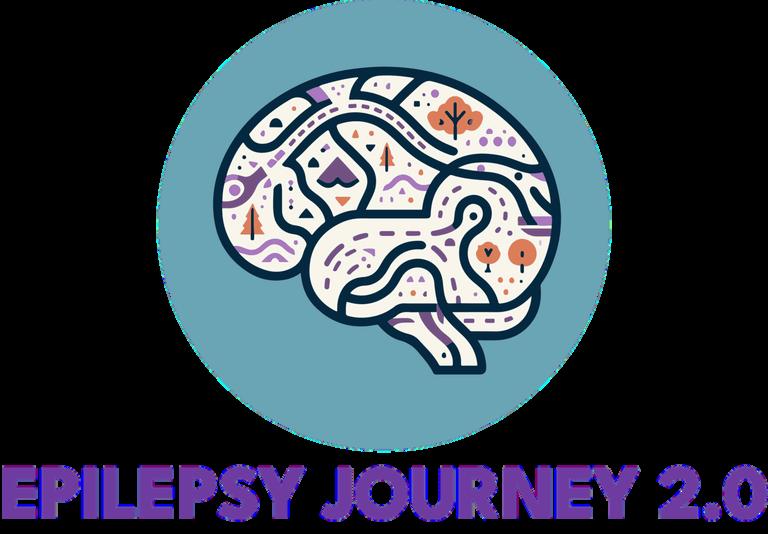
The MJFF funded Path to Prevention (P2P) trial continued with planning stages this year. The P2P study is a phase 2A, randomized, double-blind, placebo controlled study to evaluate investigational interventions in early-stage Neuronal Alpha-Synuclein Disease (NSD). By leveraging the robust infrastructure and ongoing data collection of the Parkinson’s progression Markers Initiative (PPMI), P2P aims to derisk early-stage therapeutic development and attract industry engagement. The CTSDMC plays a critical role in supporting the trial’s design, data coordination, and statistical analysis.
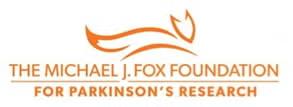
Building on the success of the past year, the CTSDMC has initiated development of a new Electronic Data Capture (EDC) system to better support the evolving needs of clinical research across a diverse range of studies. This modern, web-based platform is designed to enhance data integrity, streamline the user experience, and offer greater flexibility in both study design and data management. With scalability at its core, the new system features advanced form-building tools, real-time data validation, and customizable user roles to support seamless multi-site collaboration. This transition marks a major milestone in the CTSDMC’s continued commitment to innovation, efficiency, and high-quality data stewardship.







The CTSDMC continues to expand its impact by fostering strategic collaborations with investigators, institutions, and research networks nationwide. These partnerships enhance the quality and reach of our clinical trials, bringing together diverse expertise and resources to accelerate scientific discovery and improve patient outcomes.
Avani C. Modi, PhD, serves as Principal Investigator of the Epilepsy Journey 2.0 (EJ 2.0) study in collaboration with the CTSDMC. She is Division Director and Pediatric Psychologist at Cincinnati Children’s Hospital Medical Center and a Professor of Pediatrics at the University of Cincinnati College of Medicine.
Tanya Simuni, MD, is the Principal Investigator of the Parkinson’s Progression Markers Initiative (PPMI) and collaborates closely with the CTSDMC PPMI Statistics Core team. She serves as the Director of the Parkinson’s Disease and Movement Disorders Center and Chief of the Division of Movement Disorders in the Department of Neurology at Northwestern University Feinberg School of Medicine.
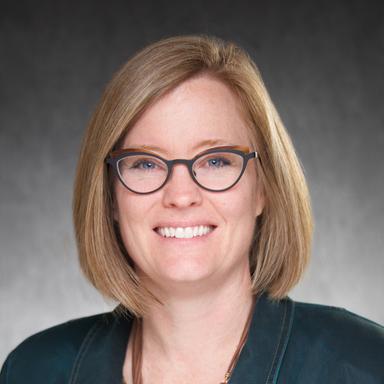
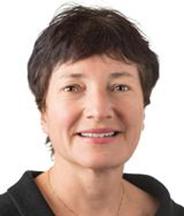
Laura A. Frey Law, PT, PhD is a Professor in the Department of Physical Therapy& Rehabilitation Science at the University of Iowa and serves as a Principal Investigator at the Clinical Coordinating Center (CCC) for the A2CPS program. Her research explores the complex biology of pain and fatigue, with a focus on biopsychosocial and molecular mechanisms underlying pain heterogeneity.
Gideon K.D. Zamba, PhD, serves as the Program Director for the Iowa Summer Institute in Biostatistics (ISIB). He is a Professor of Biostatistics, Radiology, and Nuclear Medicine, a Carver College of Medicine Teaching Scholar, and a Biostatistician affiliated with the Holden Comprehensive Cancer Center. Christopher Coffey and Emine Bayman serve as Co-Investigators on the program.


In March, CTSDMC helped found the UNICORN Network, a national network of academic Data Coordinating Centers focused on strengthening data coordination in clinical research. The CTSDMC contributes expertise in trial best practices, foster professional development, and promote collaboration across institutions. For more information, visit: https://unicorn-dcc.org/.
Winter 2024


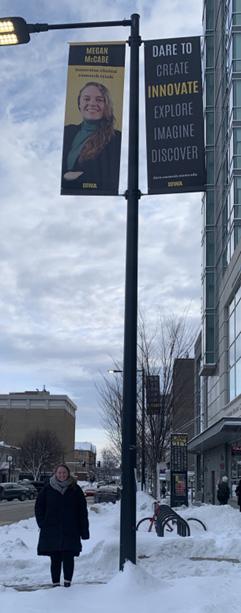

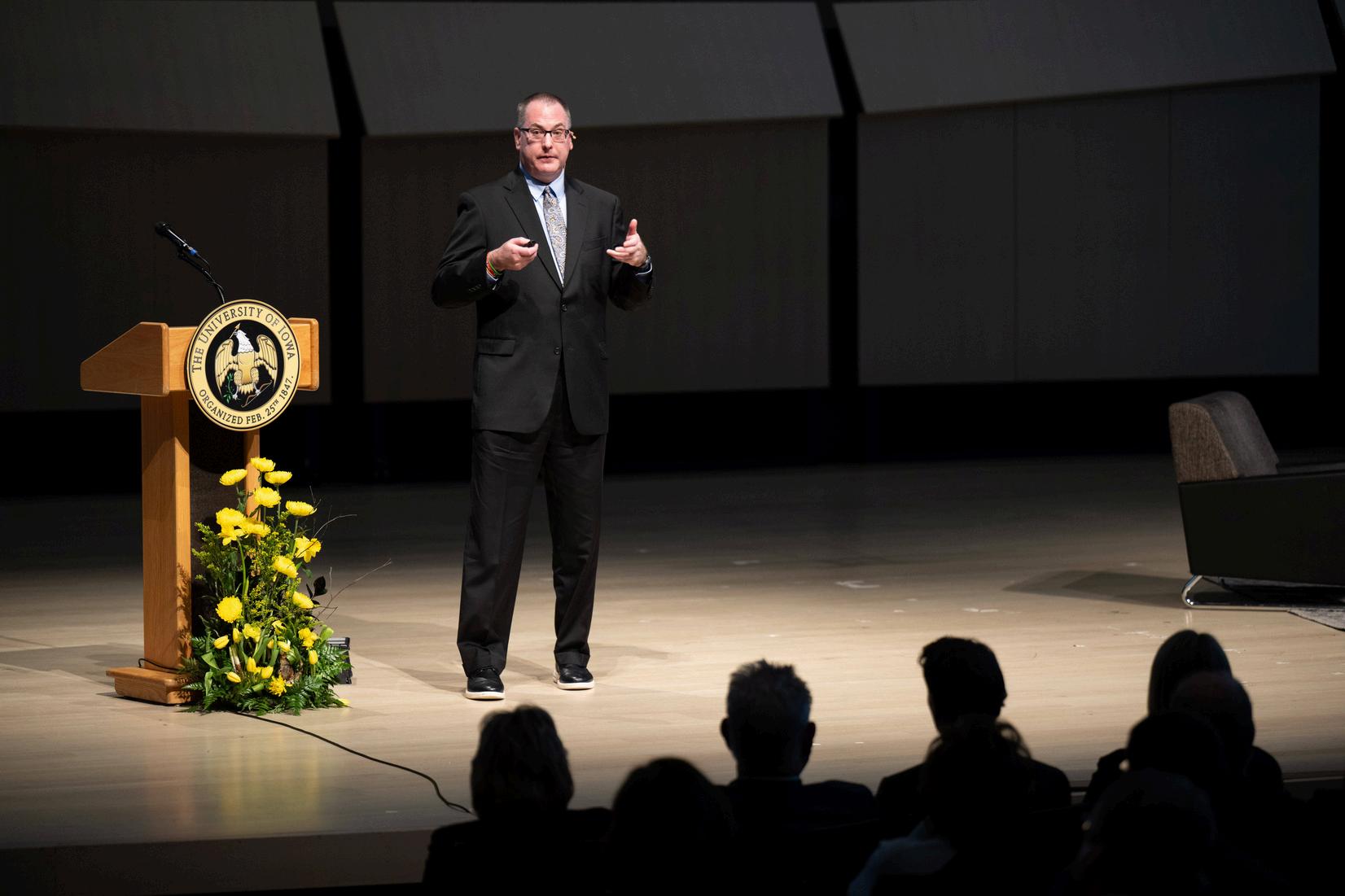
Spring 2024
Megan McCabe, GRA of the CTSDMC was selected for the University of Iowa’s Dare to Discover campaign, which highlights exceptional student researchers across campus. Her achievements were featured on a banner displayed throughout Iowa City, recognizing her contributions and inspiring both current and prospective students. Megan was 1of 200 nominations and 1 of 80 featured scholars.
The Big10 Neurosurgery Consortium held its kickoff meeting in January, bringing together leading neurosurgeons and researchers from Big Ten institutions. This collaborative effort aims to advance neurosurgical research, education, and innovation across the member universities.

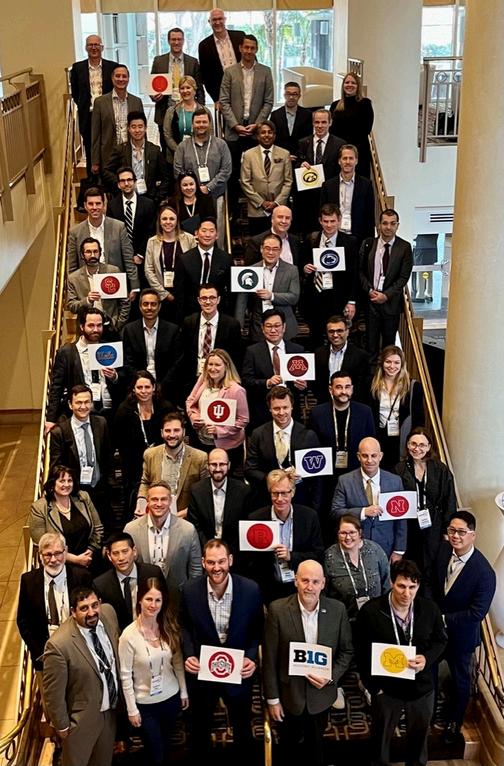
In February, Dr. Coffey delivered the 41st Annual Presidential Lecture at the University of Iowa. His talk, titled “Pathways to Discovery: Clinical and Legal Trials, Academic Rigor, and Public Perceptions,” examined how individuals across disciplines seek truth and the complexities involved in communicating those discoveries to the public. The lecture drew a wide audience and underscored Dr. Coffey’s reputation as a thought leader bridging science, law, and public discourse.
Dr. Christopher S. Coffey, taught BIOS:6610 – Statistical Methods in Clinical Trials during the Spring 2024 semester. This graduate-level course provides an in-depth exploration of the design, conduct, and analysis of clinical trials, preparing students for advanced roles in clinical research and biostatistics.
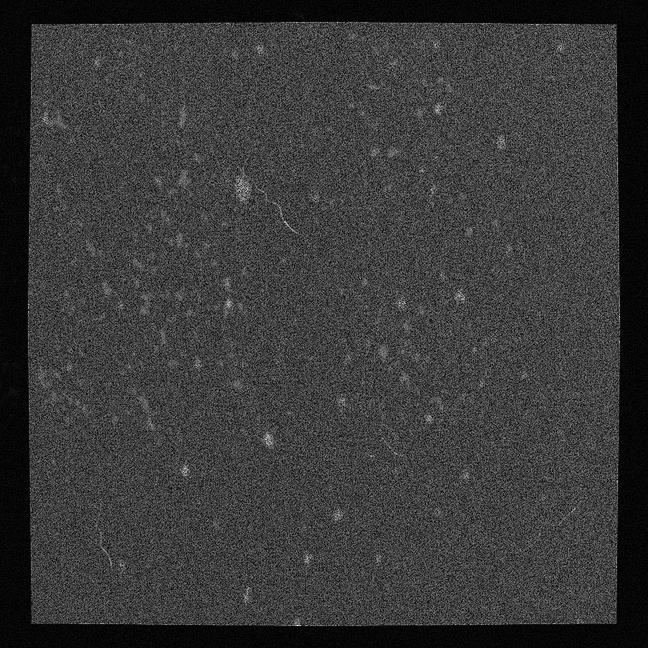
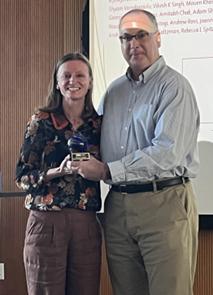
The Department of Biostatistics honored Dr. Valerie Durkalski-Mauldin of the Medical University of South Carolina as the 2024 Woolson Lecturer. Dr. Durkalski-Mauldin visited campus to deliver her lecture, “Non-Inferiority Trials: Past, Present, and Future of this Unique Clinical Trial Design.” At the conclusion of the event, Christopher S. Coffey, had the honor of presenting her with the Woolson Lecture Award on behalf of the department.
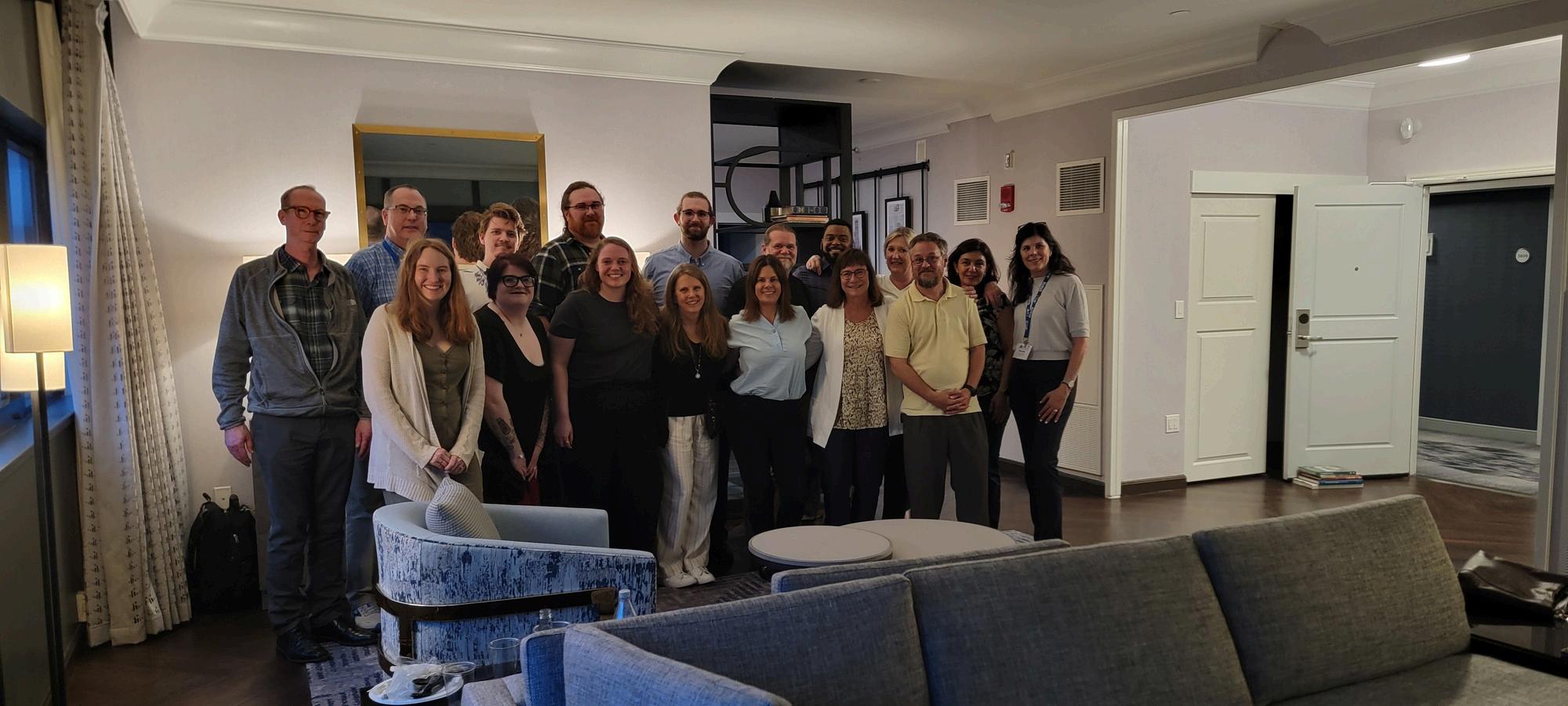
The CTSDMC was well represented at the Society for Clinical Trials (SCT) Annual Meeting held in May. Dr. Christopher S. Coffey, Dixie Ecklund, and Trevis Huff, taught a pre-conference workshop focused on enhancing operational strategies in multi-site clinical trials.

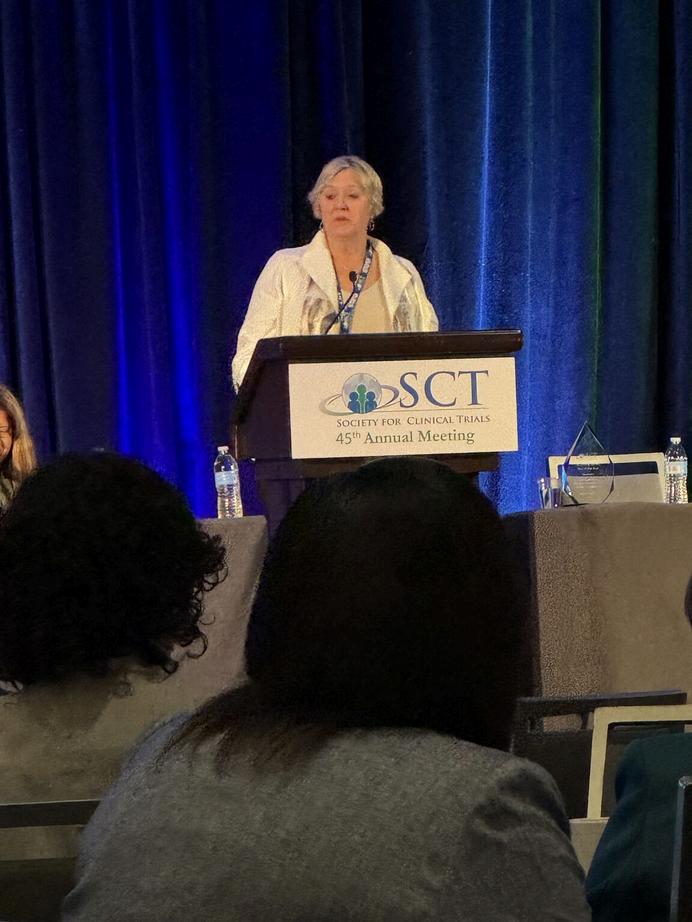
Ms. Ecklund (pictured above right) delivered the SCT President’s Address, titled “It Takes a Village: Patient-Centered Partnerships in Clinical Trials,” highlighting the critical role of collaboration and participant engagement in advancing research.
In collaboration with investigators from the Institute for Clinical and Translational Science (ICTS), Emine Bayman is serving as the course Co-Director for the Clinical Trials Investigator Training Program. The goal of this 8-week long bootcamp is to provide training to junior principal investigators to make their clinical trials more successful and to help them work through all of the fine details of their trial.
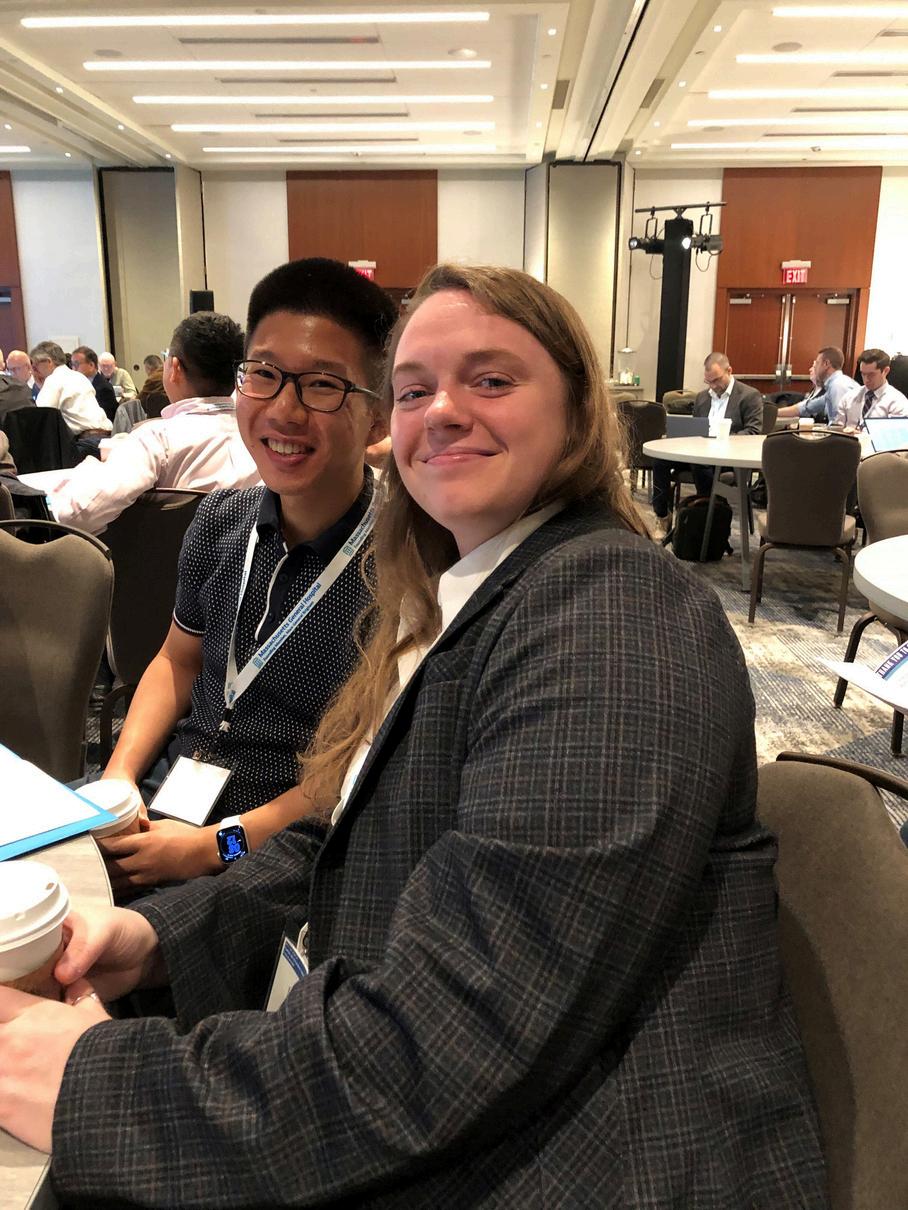

Two CTSDMC team members, Charlie Choi and Megan McCabe, were accepted to present posters at the 2024 Planning for Prevention of Parkinson’s Conference in Boston. Their presentations highlighted ongoing work in trial design.
Part of our NeuroNEXT Design Team, Jim Torner, PhD, was inducted into the Society for Clinical Trials (SCT) Class of Fellows. This prestigious honor, awarded through peer nomination and selection by the SCT Fellowship Committee, recognizes Dr. Torner’s significant contributions to the field of clinical trials. He was formally recognized at the SCT 2024 Annual Meeting.
In July, the College of Public Health welcomed the Mandela Washington Fellows to campus, and the CTSDMC was invited to participate in this international outreach event. Dixie Ecklund and Kortney Barrett represented the center, hosting an informational table and engaging with visiting fellows to share insights about the CTSDMC’s mission and research activities. Summer
The CTSDMC faculty continue to support graduate education through their teaching in the Department of Biostatistics. In the fall, Drs. Christopher S. Coffey and Emine Bayman cotaught BIOS:7230 – Advanced Clinical Trials, a graduate-level course that explores complex trial designs, statistical methods, and regulatory considerations. Their instruction equips students with the advanced skills necessary for designing and analyzing clinical trials in academic and industry settings.
The College of Public Health Staff Council continued its efforts to foster community and engagement among staff. Kortney Barrett (Department of Biostatistics) served as a council member, and Jenni Boerm (At-Large) served as First-Year Vice Chair. The council organized several events during the year, including a popular food truck kickoff at the start of the semester and the first Staff Appreciation Week in December. The week featured daily activities, food and networking opportunities, all designed to celebrate and recognize the valuable contributions of CPH staff.
In October, the University of Iowa College of Public Health honored Christopher S. Coffey by appointing him as the Edwin B. Green Chair in Public Health, one of the college’s most prestigious endowed positions. This five-year renewable appointment is a significant recognition of Dr. Coffey’s sustained leadership, scholarly excellence, and impactful
contributions to public health research. Endowed chairs are reserved for faculty who have demonstrated exceptional achievement in their field and who are expected to continue advancing the mission of the institution through research, education, and service.
“Dr. Coffey is recognized not only as a distinguished academic researcher in his discipline, but also as a willing and innovative collaborator, and a leading advocate for new partnerships, tools, and infrastructure to support continued advancements in the clinical trials environment,” said Edith Parker, professor and Dean of the College of Public Health.
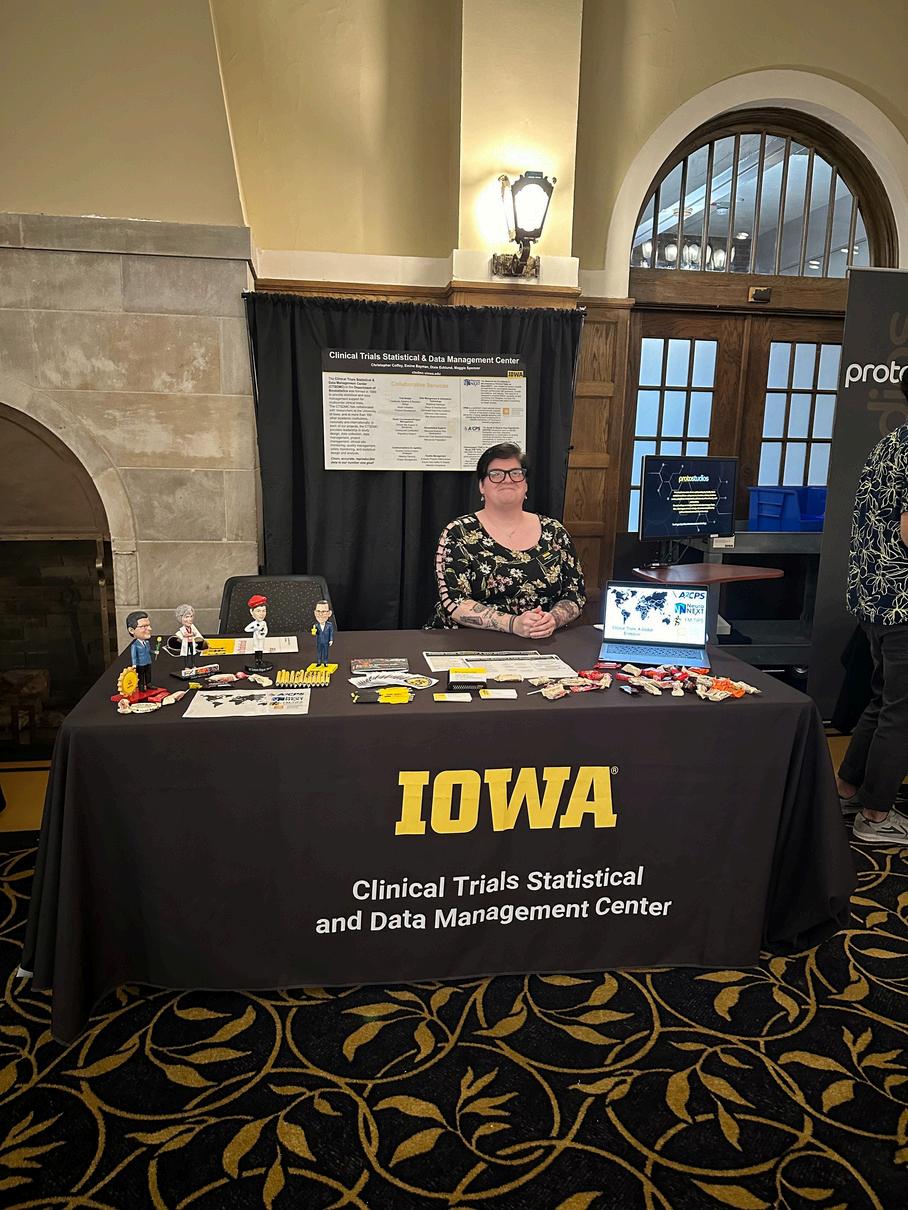


Dr. Coffey’s work has had a transformative impact on the clinical trials environment, particularly in the areas of innovative trial design, statistical methodology, and the development of collaborative research partnerships. As noted by Dean Edith Parker, his leadership extends beyond his own academic accomplishments to fostering new collaborations, tools, and infrastructure that strengthen the broader research community. This recognition underscores both his individual contributions and the strategic importance of his work to the future of public health.
For the third consecutive year, the CTSDMC participated in the University of Iowa’s annual Research Services Fair, hosted by the Office of Research Administration. Kortney Barrett (pictured left), Maxine Koepp, Tina Neill-Hudson, and Maggie Spencer represented the CTSDMC. The team provided information on the center’s role in advancing clinical trials, shared resources available to research teams, and highlighted current initiatives and collaborations. Participation not only showcased the CTSDMC’s expertise and services, but also strengthened connections across campus, helping foster new opportunities for collaboration and support.
At the end of October, Dixie Ecklund (pictured right) served as the Plenary Speaker at the 16th Annual International Association of Clinical Research Nurses (IACRN) Conference, delivering a featured address to an international audience of clinical research professionals. Her presentation highlighted the evolving role of clinical research nurses in advancing patient-centered trials and the importance of collaboration in driving innovation and quality across the research enterprise. Being selected as a plenary speaker at such a prominent international conference underscores Dixie’s leadership, expertise, and lasting contributions to the field of clinical research.

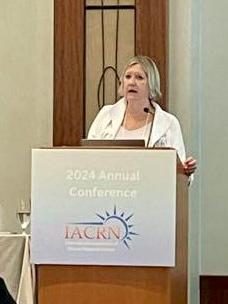
On October 8, the CTSDMC hosted its third annual All-In Day, bringing together 40 team members—both local and remote—for a day dedicated to connection, collaboration, and celebration. The event focused on welcoming new team members, reflecting on the center’s growth, and strengthening our shared mission.
The agenda featured a welcome dinner for new staff with CTSDMC leadership, a tour of the updated center suite, and a “State of the CTSDMC” address by Director Christopher S. Coffey, introduced by Dr. Joe Cavanaugh, Professor and Head of the Department of Biostatistics. The day’s core programming centered around the AllStaff Meeting, which included a high-level overview of the center’s evolution, accomplishments, and future goals.
Attendees also participated in functional team meetings, enjoyed a catered lunch, and engaged in a student meet-and-greet hosted by the Department of Biostatistics. The day concluded with a family-friendly dinner and staff recognition event at Big Grove Brewery.
All-In Day continues to serve as a meaningful opportunity to reinforce the CTSDMC’s team culture, celebrate progress, and look ahead to future expansion.






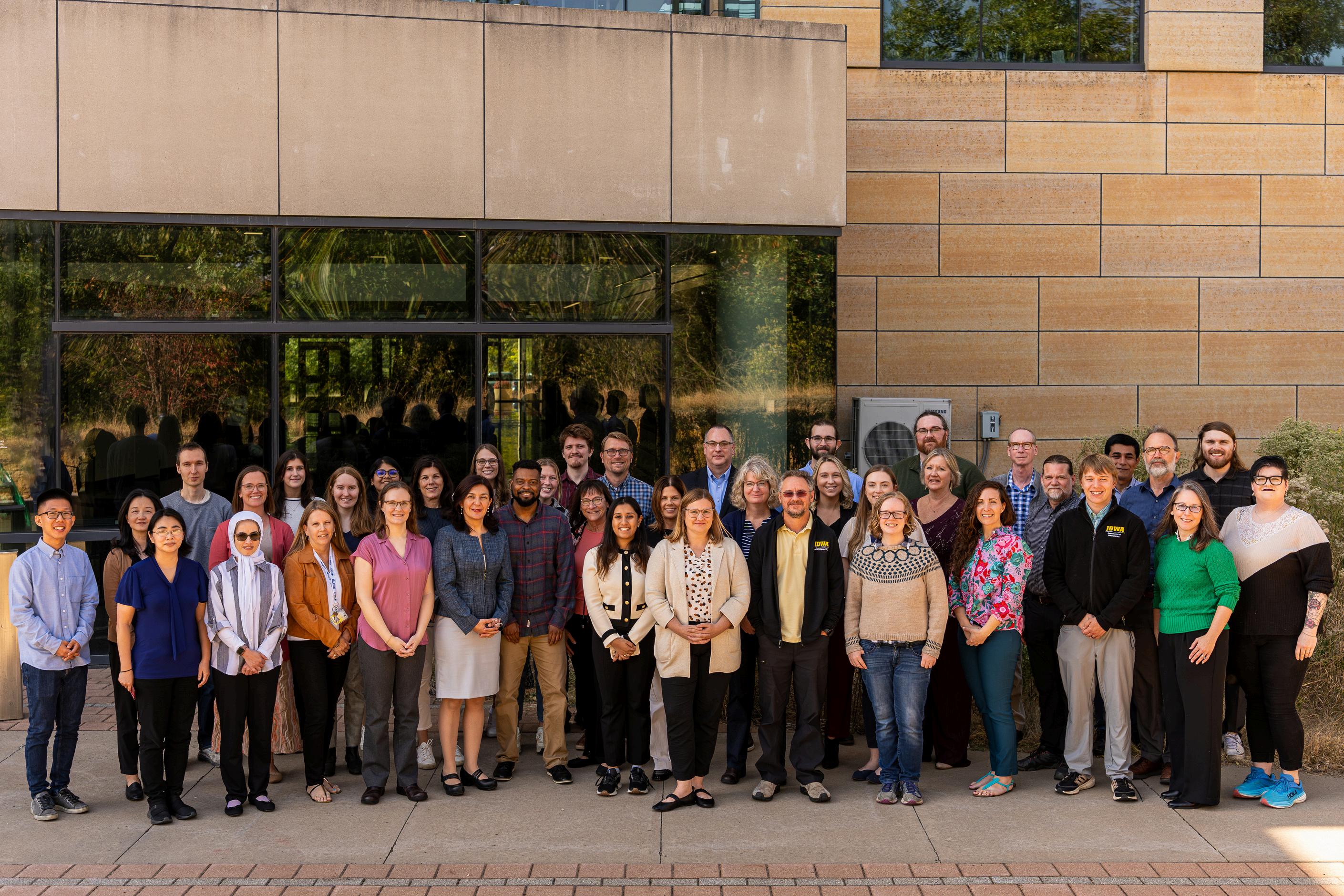
The CTSDMC continued to support a growing and diverse research portfolio through new and ongoing grant activity Our team contributed to the development, submission, and administration of multiple federally and privately funded projects, reflecting the center’s continued leadership in clinical trials coordination, data management, and collaborative research initiatives.
FUNDING DOLLARS OVER THE PAST 5 YEARS







$8,676,271 total available funding for 2024
FUNDING DOLLARS - FEDERAL VS. PRIVATE
TheCTSDMCfacultyandstaffactivelycontributetouniversity-widecommittees, councils,andserviceinitiatives,supportingresearch,education,andstaffdevelopment. Theirleadershipreflectsastrongcommitmenttoinstitutionalcollaborationandthe broaderacademiccommunity
ChristopherCoffey
Collegiate Service

EmineBayman
KortneyBarrett
JenniBoerm
Woolson Lecture Committee
MS and PhD Curriculum Committee
Administrative Committee
MSCoreExamCommittee
WoolsonLectureCommittee
LadiesinUIBiostatistics(organizerandmentor)
College of Public Health Staff Council
College of Public Health Staff Council - First Year Vice Chair
LiveWELL Wellness Ambassador
ChristopherCoffey
University Service
EmineBayman
DixieEcklund
BrendaPearson
Christopher Coffey
Professional Service
Emine Bayman
Dixie Ecklund
Maggie Spencer
University Conflict of Interest Review Committee
University of Iowa MS & PhD Curriculum Review Committee
Selection Committee for 42nd Annual University of Iowa
Presidential Invited Lecture
University of Iowa CTSA
Women’s Faculty Development Symposium Planning Committee
Executive Leadership Academy (ELA - Higher Education Mentor)
University of Iowa Institutional Review Board (IRB-01) Chair
University of Iowa Institutional Review Board (IRB-01) Member
FDAGastrointestinalDrugsAdvisoryCommittee
SocietyforClinicalTrials(SCT)Treasurer
SocietyforClinicalTrials(SCT)FellowsCommittee-Chair
UNICORNNetwork
Society for Clinical Trials (SCT) Membership Committee
UNICORN Network
Society for Clinical Trials (SCT) President
UNICORN Network
UNICORN Network

Kortney Barrett, Emine Bayman, Christopher Coffey, Michele Costigan, Dixie Ecklund, Holly Ernst, Anna Gudjonsdottir, Trevis Huff, Elizabeth Klingner, Maxine Koepp, David-Erick Lafontant, Zack Lemka, Micah Marshall, Megan McCabe, Corey Moon, Tina NeillHudson, Brenda Pearson, Jim Powers, Chad Slater-Scott
Dam T, Pagano G, Brumm MC, Gochanour C, Poston KL, Weintraub D, Chahine LM, Coffey C, et. al. Parkinson’s Progression Markers Initiative. Neuronal alphaSynuclein Disease integrated staging system performance in PPMI, PASADENA, and SPARK baseline cohorts. NPJ Parkinsons Dis. 2024 Sep 27;10(1):178. doi: 10.1038/s41531-024-00789-w.
Leroux A, Crainiceanu C, Zeger S, Taub M, Ansari B, Wager TD, Bayman E, Coffey C, et. al. A2CPS Consortium. Statistical modeling of acute and chronic pain patient-reported outcomes obtained from ecological momentary assessment. Pain. 2024 Sep 1;165(9):1955-1965. doi: 10.1097/j.pain.0000000000003214.
Simuni T, Chahine LM, Poston K, Brumm M, Buracchio T, Campbell M, Chowdhury S, Coffey C, Concha-Marambio L, Dam T, DiBiaso P, Foroud T, Frasier M, Gochanour C, et. al. (2024). “Biological Definition of Neuronal AlphaSynuclein Disease: Towards an Integrated Staging System for Research,” Lancet Neurology, 23: 178-190.
Dexter F, Hindman BJ, Bayman EO, Mueller RN (2024): Patient and operational factors do not substantively affect the annual departmental quality of anesthesiologists' clinical supervision and nurse anesthetists' work habits. Cureus; 16(3):e55346. PMID: 38559506.
Fleagle TR, Post AA, Dailey DL, Vance CGT, Zimmerman MB, Bayman EO, Crofford LJ, Sluka KA, Chimenti RL (2024): Minimal clinically important change of movement pain in musculoskeletal pain conditions. J Pain; 10450. PMID: 38479557.
Protic D, Breeze E, Mendoza G, Zafarullah M, Abbeduto L, Hagerman R, Coffey C, et. al. Negative effect of treatment with mGluR5 negative allosteric modulator AFQ056 on blood biomarkers in young individuals with Fragile X syndrome. SAGE open medicine. 2024;12:20503121241282401. DOI: 10.1177/20503121241282401.
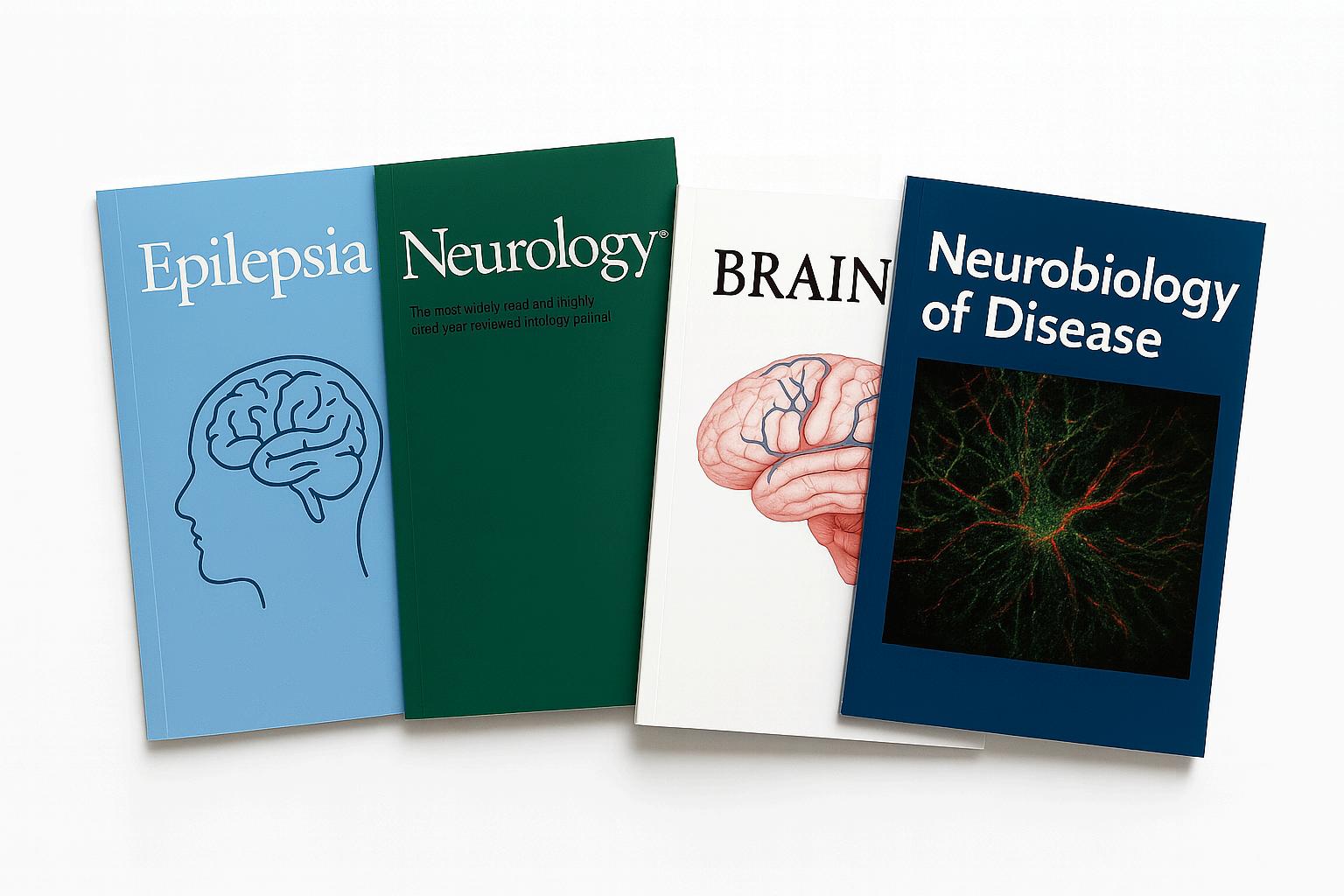
Quigg M, Gutmann L, Conwit RA, Coffey CS, Lewis RJ, Miller C, Meurer WJ. National Institute of Neurological Disorders and Stroke Clinical Trials Methodology Course: Summary and Accomplishments 2014-2023. Neurology Education. 2024 December;3(4):e200174. DOI: 10.1212/NE9.0000000000200174.
Schleicher, R. L., Vorasayan, P., McCabe, M. E., et.al. (2024). Analysis of brain edema in RHAPSODY International Journal of Stroke, 19(1), 68-75. DOI: 10.1177/17474930231187268.
Gallagher J, Gochanour C, Caspell-Garcia C, Dobkin RD, Aarsland D, Alcalay RN, Barrett MJ, Chahine L, ChenPlotkin AS, Coffey CS, et.al. Parkinson's Progression Markers Initiative. Long-Term Dementia Risk in Parkinson Disease. Neurology. 2024 Sep 10;103(5):e209699. doi: 10.1212/WNL.0000000000209699.
Brown EG, Goldman SM, Coffey CS, Siderowf A, Simuni T, Meng C, Brumm MC, Caspell-Garcia C, et. al. for the Parkinson’s Progression Markers Initiative (2024). “Occupational Pesticide Exposure in Parkinson’s Disease Related to GBA and LRRK2 Variants,” Journal of Parkinsons Disease, 14(4):737-746.
Cousins KAQ, Irwin DJ, Tropea TF, Rhodes E, Phillips JS, Chen-Plotkin AS, Brumm MC, Coffey CS, et. al. on behalf of the Parkinson’s Progression Marker Initiative (2024). “Evaluation of ATNPD Framework and Biofluid Markers to Predict Cognitive Decline in Early Parkinson’s Disease,” Neurology, 102(4):e208033. PMID: 38306599.
The CTSDMC has another exciting and busy year ahead in 2025.
In January, we will launch the APT Comparison Study in collaboration with Dr. Todd Schwedt and his team at Mayo Clinic Arizona. This study is designed to evaluate advanced approaches to acute pain treatment, with the goal of identifying strategies that most effectively improve patient outcomes and inform future clinical practice. Partnering with Dr. Schwedt, a leading expert in neurological disorders and pain research, strengthens our capacity to address critical questions in pain management through rigorous study design, comprehensive data collection, and robust statistical analyses.
Recruitment for the Epilepsy Journey 2.0 (EJ 2.0) study will officially launch. Building on the success of the original study, EJ 2.0 will expand the scope to capture deeper insights into patient experiences and outcomes, furthering efforts to improve care pathways for individuals living with epilepsy.
We anticipate submitting numerous NeuroNEXT proposals and are optimistic about securing new project funding. At the same time, the NN109 study moves into its closeout phase following the successful completion of participant follow-up. In the year ahead, our focus will be on analyzing the study data and preparing findings for dissemination to help guide future neurological research and clinical practice.
Our IT/Development and Data Management teams will continue their work on the new EDC build, which we look forward to seeing come to fruition this year. In addition, we are preparing for an Executive Committee retreat in January that will set the stage for our External Advisory Board review in March, an important opportunity to gather feedback on our growth and sustainability.
We extend our gratitude to all CTSDMC staff for their tireless dedication in support of our mission. We look forward to sharing updates on these initiatives—and many more—in our next Annual Report.

